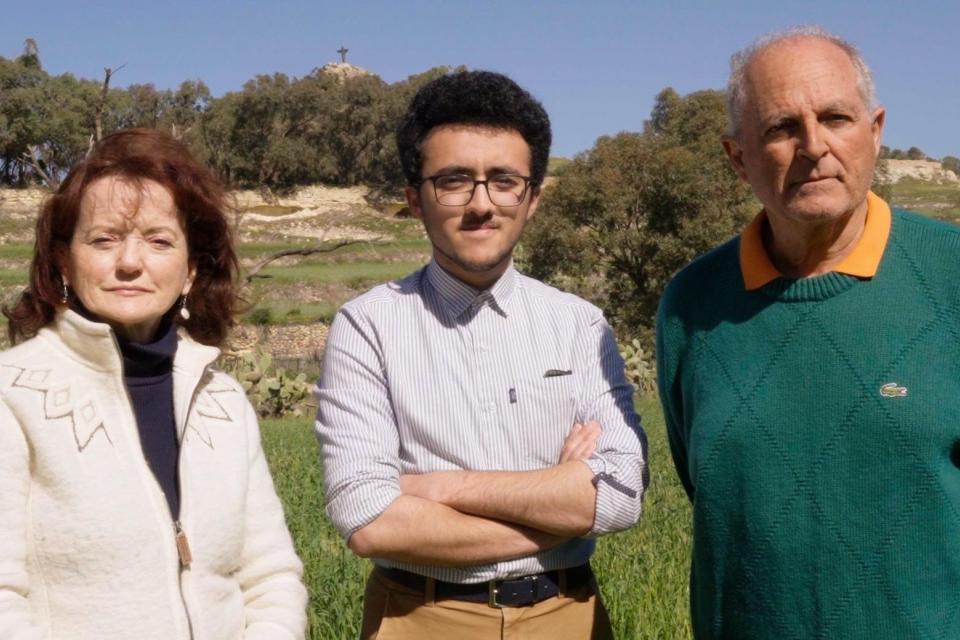Victoria to Marsalforn road project should be called off - NGOs, Arnold Cassola
'Damaging to the environment, unjustified, and dangerous to traffic'

The Victoria-Marsalforn road project will take up 10,000 square metres of agricultural land and destroy at least 825 trees, of which only 225 will be transplanted, environment NGOs Flimkien Għal Ambjent Aħjar and Għawdix as well as independent candidate Arnold Cassola said.
In a statement, they denounced the Marsalforn Road plans as damaging to the environment, unjustified, and dangerous to traffic.
They said that although the focus has been on the 230 protected trees to be uprooted, the full tally is at least 825.
And there was no guarantee that the 225 to be transplanted would survive, especially considering Malta’s abysmal survival rate of transplanted trees.
Given Malta’s lack of trees, the eNGOs maintained that “every tree counts” due to the importance of trees to human health, and the fact that non-indigenous trees also support a rich natural habitat of surrounding flora and fauna.
“Moreover trees are presently our only means of reducing air pollution while mitigating climate change,” they said.
Cassola condemned the project as “a disaster” due to the extent of destruction of agricultural land and trees. He urged the public to speak out and act to prevent Gozo from becoming another “island of concrete”.
Għawdix deputy chair Luke Said highlighted the irony of marketing Gozo “the island of villages”, then tearing up a valley to run a motorway between two localities. He said that contrary to the Gozo Ministry’s claims, the road is not prone to traffic congestion, but straightening and widening it will make it more dangerous, especially to cyclists.
Astrid Vella, from Flimkien għal Ambjent Aħjar, said the organisation had appealed the permit but the appeal was refused even though the permit was based on outright lies, such as that the road is a danger hot-spot. Even the police had denied this, she said.
Vella pointed out that, in its tree census, the Environmental and Resources Authority had left out 39 protected trees and asked whether it was because ERA personnel were not capable of identifying them or because they wanted to hide them from the public.
“This is very worrying as the narrow-leaf ash is extremely rare, only growing in riparian water-valley locations which are equally rare in Malta,” she said.
They called on the Gozo and planning ministers to call off the project and start to prove Malta’s environmental credentials.